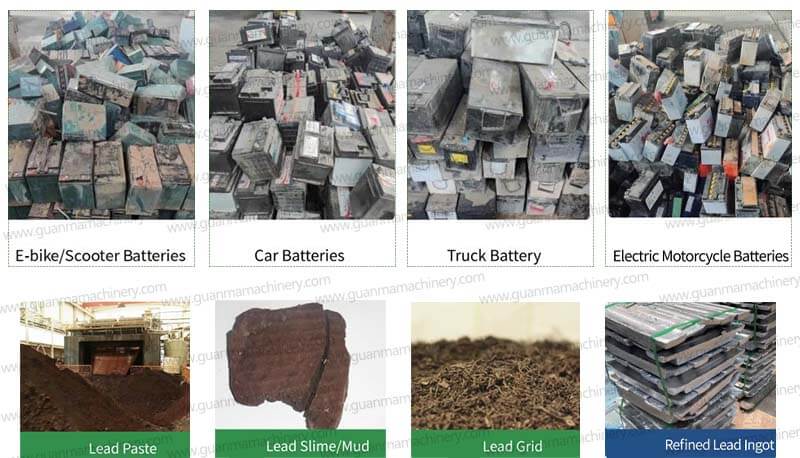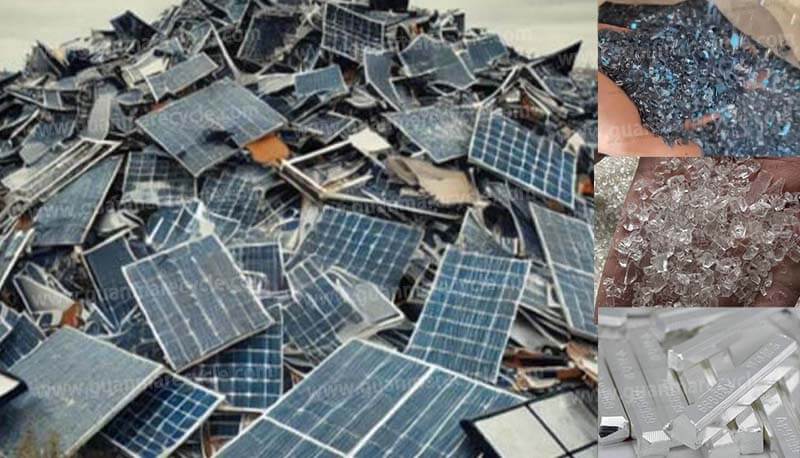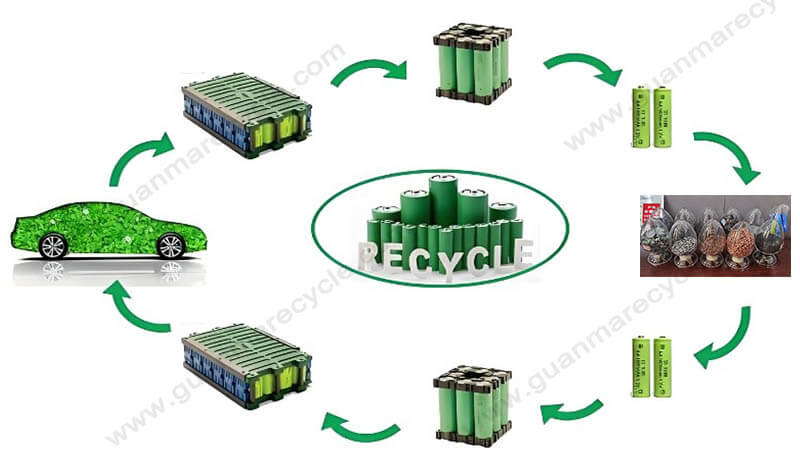How to Start Lead Acid Battery Recycling Machines Business
The global demand for sustainable waste management solutions is skyrocketing, and the Lead Acid Battery Recycling Machines Business is emerging as a lucrative and eco-friendly opportunity. With millions of lead-acid batteries discarded annually—from automotive, industrial, and renewable energy sectors—entrepreneurs and businesses are uniquely positioned to turn this growing waste stream into a profitable venture. But where do you start?
Why Lead Acid Battery Recycling Matters
Lead-acid batteries power everything from cars to telecom towers, but improper disposal poses severe environmental and health risks. Recycling these batteries recovers valuable materials like lead, plastic, and sulfuric acid, reducing landfill waste and minimizing resource extraction. Governments worldwide are tightening regulations, creating a surge in demand for compliant recycling solutions. By investing in lead acid battery recycling equipment, you align your business with global sustainability goals while tapping into a multi-billion-dollar industry.
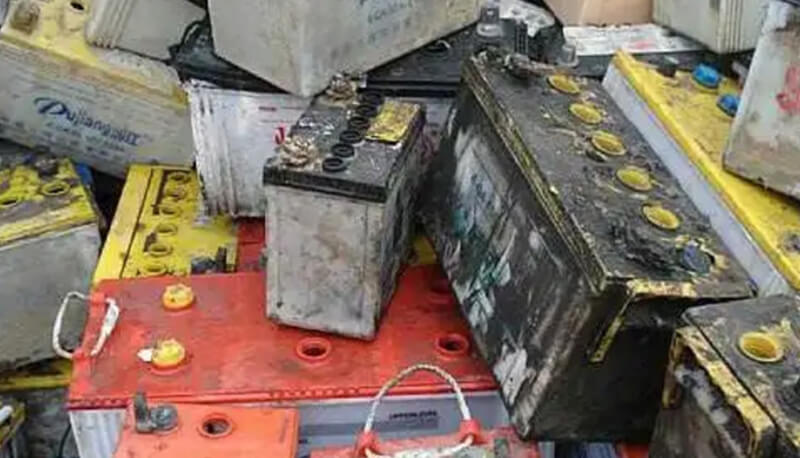
Step-by-Step Guide to Launching Your Business
1. Conduct Market Research and Feasibility Analysis
Before investing in lead acid battery recycling machines, analyze your target market. Identify local sources of battery waste (e.g., auto repair shops, battery retailers) and assess competition. Key questions to answer:
What’s the volume of scrap batteries in your region?
Are there existing recycling facilities, or is there unmet demand?
What government incentives or regulations apply?
This data will shape your business model and equipment requirements.
2. Choose the Right Lead Acid Battery Recycling Equipment
Your machinery is the backbone of your operations. Modern lead acid battery recycling plants use automated systems to dismantle batteries, separate components, and process materials. Look for equipment that offers:
High efficiency: Machines that recover 95%+ of lead and plastic.
Compliance: Meets environmental and safety standards (e.g., OSHA, EU directives).
Scalability: Modular designs to expand capacity as demand grows.
Popular technologies include hammer mills, hydro-separation units, and smelting furnaces. Partner with reputable manufacturers to ensure reliability and after-sales support.
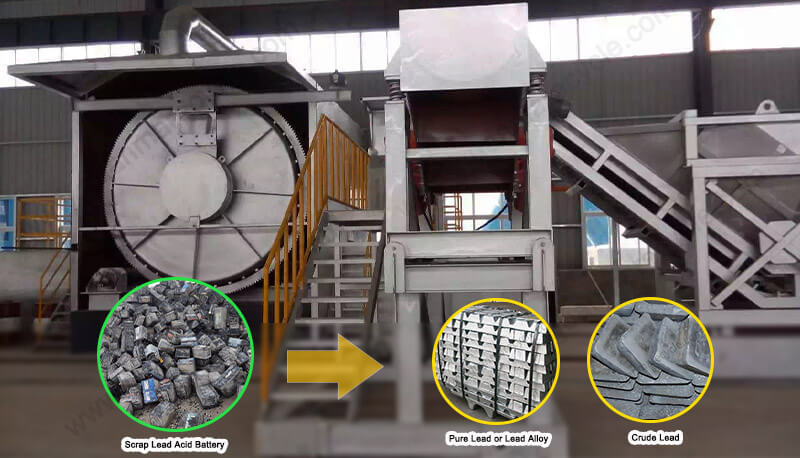
3. Secure Funding and Licenses
Starting a profitable battery recycling venture requires upfront investment. Costs include machinery ($130,000–$500,000+), facility setup, permits, and labor. Explore funding options like green business loans, government grants, or investor partnerships. Simultaneously, obtain necessary licenses, such as hazardous waste handling permits and environmental clearances.
4. Build a Reliable Supply Chain
Establish partnerships with battery collectors, scrap dealers, and industries generating battery waste. Offer competitive pricing for scrap batteries to secure steady feedstock. Additionally, connect with buyers for recycled materials—lead smelters, plastic manufacturers, and chemical companies.
5. Optimize Operations for Profitability
Maximize ROI by:
Automating processes: Reduce labor costs and human error.
Implementing waste-to-value strategies: Sell recovered materials at premium prices.
Adopting eco-friendly practices: Market your business as a “green” solution to attract ESG-conscious clients.
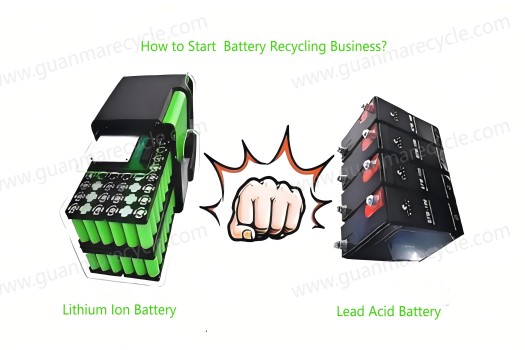
Key Challenges and Solutions
Regulatory Compliance: Stay updated on evolving laws. Invest in emission control systems and worker safety training.
Fluctuating Lead Prices: Hedge risks by diversifying revenue streams (e.g., offering battery collection services).
Public Awareness: Educate local communities and businesses about recycling benefits through workshops or digital campaigns.
The Lead Acid Battery Recycling Machines Business isn’t just profitable—it’s a critical step toward a circular economy. By combining robust equipment, strategic planning, and a customer-centric approach, you can carve a niche in this booming industry.

